War has always been synonymous with humans, but what about the animals that have stood beside us on the battlefields? On 24th February each year, the world comes together to celebrate International War Animal Day. This is a day dedicated to acknowledging and paying tribute to the crucial role animals have played in conflicts.
The profound impact animals have had on wars cannot be understated. From World War 1 and 2 to modern-day conflicts, their involvement has been instrumental in shaping the outcome of many battles. Horses, dogs, pigeons, and even elephants have faithfully served alongside their human counterparts. They’ve left an indelible mark on the history of warfare.
Horses
One cannot discuss the role of animals in war without mentioning the valiant horses. These majestic creatures were an integral part of the cavalries, charging fearlessly into the chaos of battle. Thousands of horses sacrificed their lives, carrying soldiers into the heart of the action and providing essential support in the form of transportation, artillery hauling, and reconnaissance. Their loyalty, strength, and unwavering determination were crucial in ensuring victory.
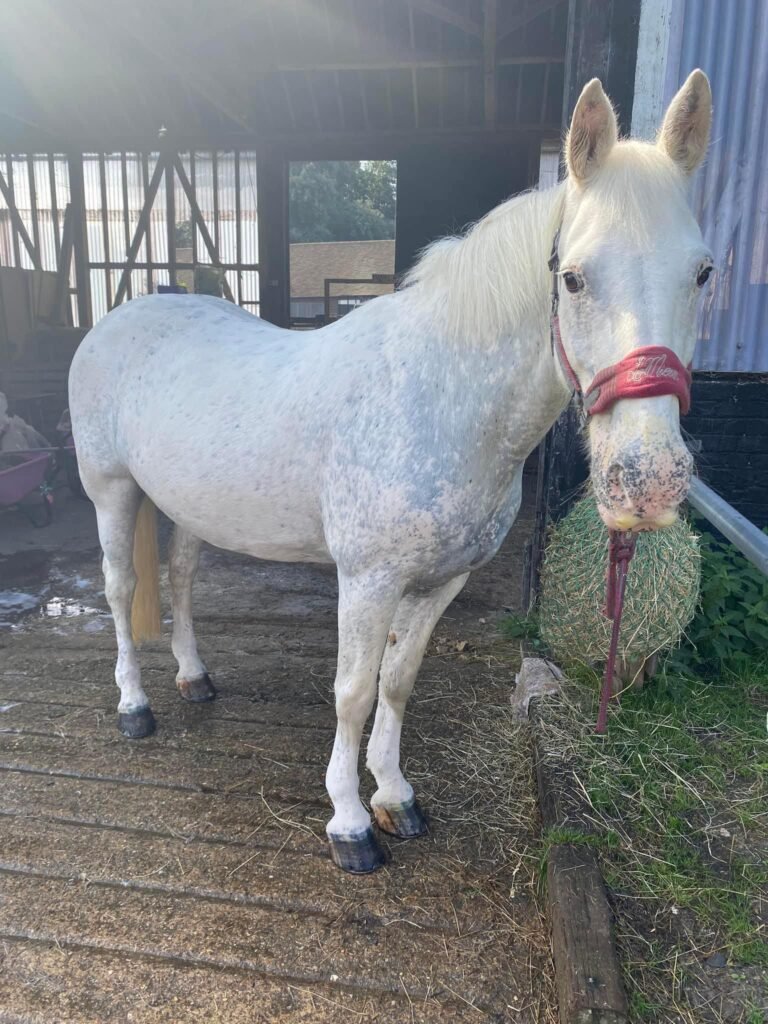
Messenger Pigeons
Messenger pigeons, often playing a pivotal role in wartime communication, were indispensable in relaying vital information across enemy lines. These feathered heroes astonished all with their unrivaled navigation skills and remarkable ability to deliver messages with unwavering precision. Their courage and dedication saved countless lives and aided in the strategic planning of military operations.
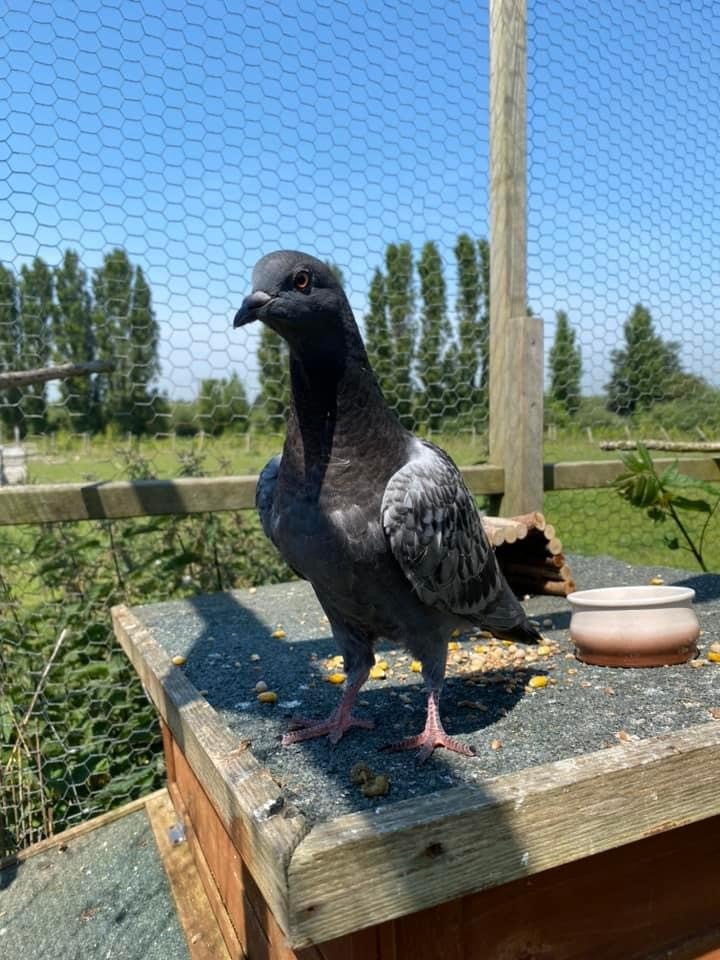
Dogs
Not only did animals provide practical assistance in times of conflict, but they also offered solace and companionship to the soldiers who found themselves surrounded by the horrors of war. Dogs, specifically trained to detect mines and bombs, provided comfort and emotional support to troops in the darkest of times. Their presence brought immense relief and served as a reminder of ‘home’ for soldiers grappling with the harsh realities of war.
Other Animals
It is not only these more well-known animals that have made significant contributions. From camels and mules to dolphins and even elephants, creatures of all shapes and sizes have played their part on the battlefield. Their strength, agility, and unique abilities were utilized in various ways. They have proved time and again that animals can be formidable allies in times of need.
To commemorate International War Animal Day, people are encouraged to wear a purple poppy. This symbolizes the sacrifices these animals have made. The purple poppy represents remembrance and serves as a beacon of gratitude towards our animal comrades. Celebrating this day is a poignant reminder of their bravery and dedication in aiding humans in our times of need.
Though the battles may have ceased, the role of animals in conflicts is far from over. Today, dogs continue to serve alongside military and police forces in various capacities. They use their exceptional skills to save lives and protect communities. The importance of recognizing and appreciating their contributions cannot be stressed enough.
International War Animal Day serves not only as a testament to the sacrifices animals have made in the past but also as a rallying cry to ensure their welfare is protected in the future. It stands as a reminder that animals are not mere tools or resources but living beings who have selflessly served by our side.
As animal lovers, we observe International War Animal Day. Let us all take a moment to reflect on the animals who have shown great bravery and loyalty in the face of adversity. Let us honor their memory and pledge to advocate for their well-being. After all, the echoes of their contribution in conflicts should never fade away in the pages of history.
Source: winghamwildlifepark.co.uk


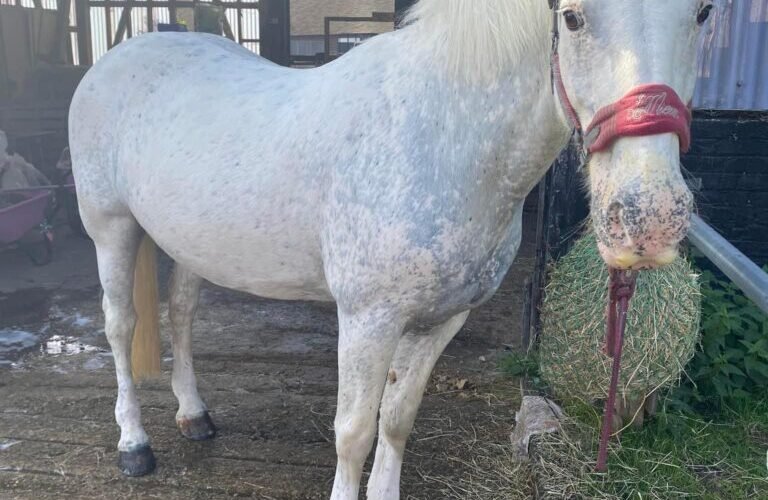



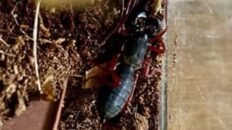

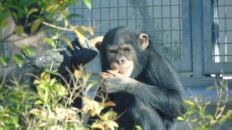
 Please wait...
Please wait...
Add comment